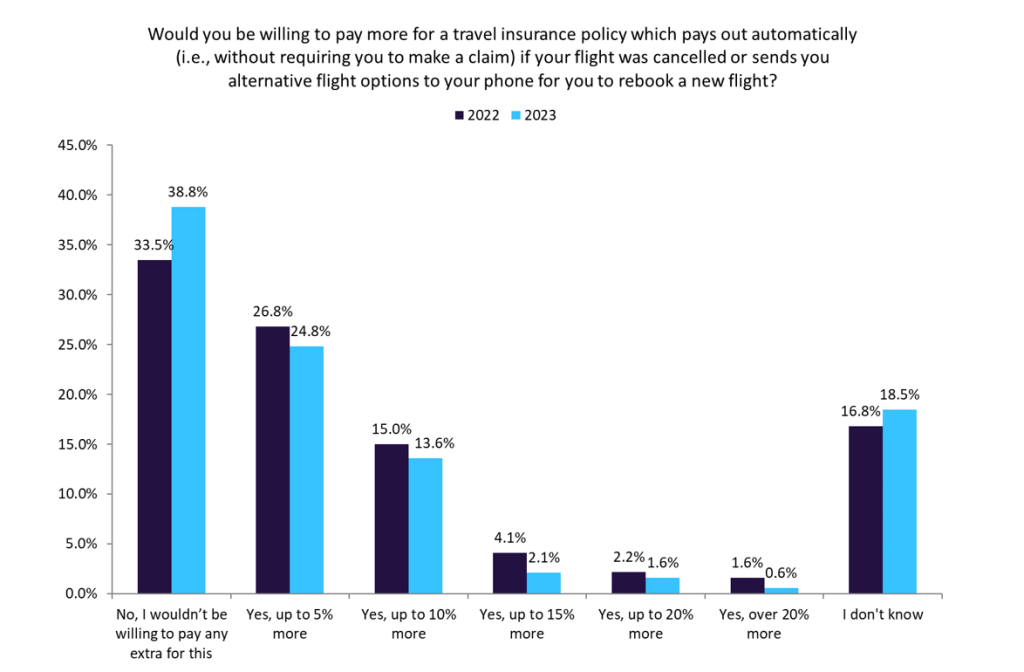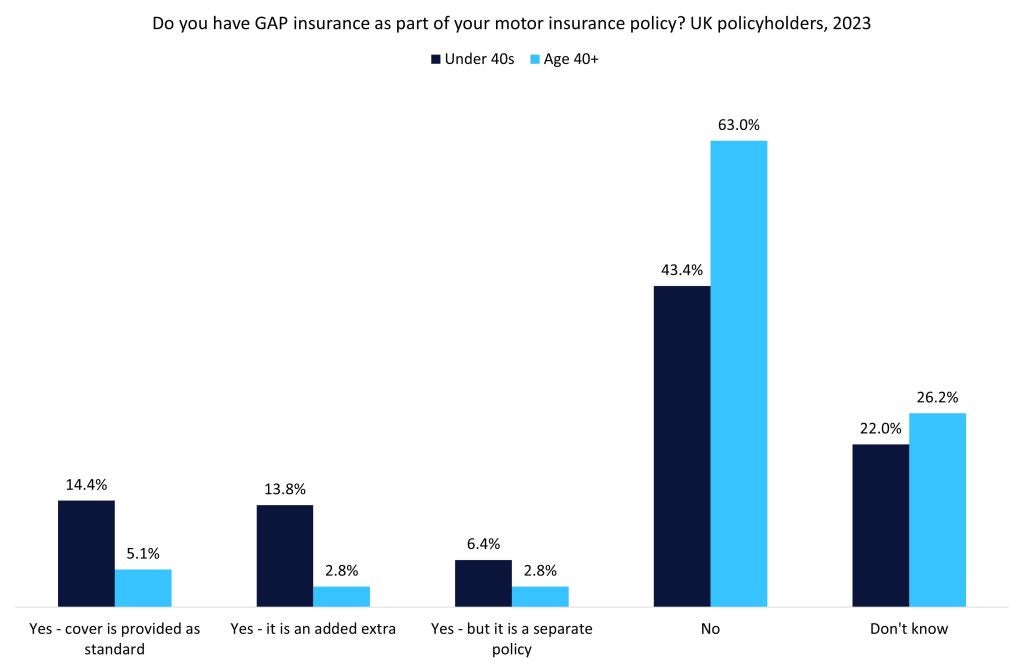The UK’s Financial Services Authority (FSA) has entered a
minefield with the launch of a discussion paper on the level of
responsibility consumers must assume when entering into a contract
with a financial services provider.
The paper is the subject of harsh criticism by, among others,
the Financial Services Consumer Panel (FSCP), the FSA’s own
watchdog body.
The discussion paper follows a recent report on the FSA
undertaken by the National Audit Office in which it recommended:
“The FSA should identify the responsibilities it wants consumers to
take on when interacting with the financial services markets and
how its financial capability programme, alongside other regulatory
activity, will help to equip consumers for these
responsibilities.”
In its discussion paper the FSA noted that two extremes
characterise the debate around consumer responsibility.
On the one extreme some financial market players have indicated
that the FSA should designate responsibilities of financial
services companies and consumers in order to create what the FSA
termed “a greater sense of symmetry” between financial services
companies’ behaviour and that of consumers.
The FSA commented that this stance results from the perception
that many “unhappy transactions” reflect at least an element of
mis-buying as well as mis-selling, but that regulatory blame only
attaches to financial services companies’ shortcomings.
How well do you really know your competitors?
Access the most comprehensive Company Profiles on the market, powered by GlobalData. Save hours of research. Gain competitive edge.

Thank you!
Your download email will arrive shortly
Not ready to buy yet? Download a free sample
We are confident about the unique quality of our Company Profiles. However, we want you to make the most beneficial decision for your business, so we offer a free sample that you can download by submitting the below form
By GlobalDataOn the other extreme, noted the FSA, consumer advocates
generally argue that because FSA rules do not apply to them
consumers do not have responsibilities in the same sense as
companies.
In addition, consumer advocates believe that any implication of
equal responsibility would be inappropriate because of the
knowledge advantage financial services companies hold compared with
customers.
Commenting on diverging opinions on the issue of consumer
responsibility the FSA’s director of retail policy and conduct risk
Dan Waters said: “We acknowledge that this is a debate that elicits
strong feelings on both sides and we are keen to try to find common
ground in order to contribute to better understanding and better
outcomes for consumers in financial services markets.”
He added that the FSA also believes that markets will work more
effectively if consumers are more “involved, more capable and
empowered.”
Unimpressed, Doug Taylor, consumer advocacy body Which?’s
personal finance campaigns manager, asserted that the FSA “appears
to be fiddling while Rome burns.”
He continued: “At a time when they [FSA] should be concentrating
on preventing mis-selling and ensuring company stability, they seem
more interested in discussing consumer responsibility.
“If the FSA really wants to help consumers make sound decisions,
it should name and shame companies they find guilty of poor
practice.”
Which? has received strong support from the FSCP which issued a
comment on the discussion paper headed: ‘FSA assaults consumer
rights’.
Harsh words indeed from the FSCP, a body with statutory status
established by the FSA in 1998 to advise its board on the interests
and concerns of consumers and to report on the FSA’s performance in
meeting its objectives.
“Clearly, the industry has been putting pressure on the FSA to
increase consumer obligations, said the FSCP’s acting chairman Adam
Phillips.
“While we are not arguing with the need for consumers to answer
questions honestly and read key information, the FSA document
provides an opportunity for the industry to attack consumers’
rights, when it is the industry itself which needs to get its house
in order and take responsibility for its actions.”
Phillips continued that over the past few years consumer
confidence has fall to “unprecedented low levels” at a time when
many financial services companies have been exposed as not giving
consumers a fair deal in areas such as the selling of personal
protection insurance and pension transfer advice.
“We have told the FSA that this is not the time to be discussing
consumer responsibility, and we will continue to pursue this line
vigorously with the FSA over the coming months,” concluded
Phillips.







